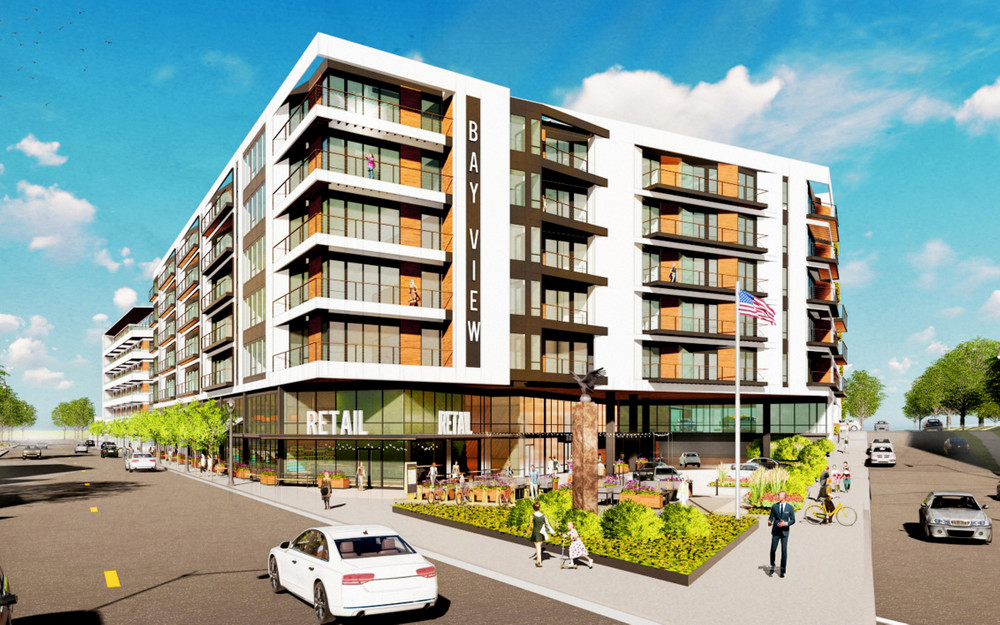Has Nextdoor Become the Platform of Choice for Housing Fights?
All the city news you can use.
Every day at The Overhead Wire we sort through over 1,500 news items about cities and share the best ones with our email list. At the end of the week, we take some of the most popular stories and share them with Urban Milwaukee readers. They are national (or international) links, sometimes entertaining and sometimes absurd, but hopefully useful.
A bike lane mindset shift is needed: According to numerous studies, bike lanes tend to boost business sales, contrary to the beliefs of many shop owners. So why do so many of them oppose street improvements? Many business owners get complaints when drivers can’t find parking, and many are long time members of the community who worry about change. But until customers or something else changes their minds, it will be hard for advocates to push forward. (Clive Thompson | Wired Magazine)
Nextdoor a breeding ground for housing fights: The social network Nextdoor was initially created to be a neighborhood space where people could get a recommendation for a plumber or find missing animals. But it has morphed into a central space in housing fights happening all over the country between those who don’t want more neighbors and those that do. Activists on both sides use the site to recruit others to their side. (Aaron Gordon | Motherboard)
Loneliness an individual and city design issue: Loneliness is not only a mental health issue, but can also lead to more physical impacts as well. But while many health systems treat loneliness as an individual issue, it is also part of a systemic disconnection from society that can be improved through better city planning and design. A systemic review of research on the subject found a complex but informative relationship between urban design and loneliness. (Jennifer Kent, Emily J. Rugel, and Marlee Bower | The Conversation)
Achieving zero emissions with less environmental impact: A new report from the Climate and Community Project aims to rethink how we get to zero emissions while also reducing environmental damage from mining lithium, the material used to make batteries. They suggest making vehicles smaller, extensively recycling lithium batteries, and creating more transit service. By reducing battery sizes for cars to that of a Nissan Leaf, the research says lithium mining could be reduced 42%. (Blanca Begert and Lylla Younes | Grist)
Quote of the Week
Sharrows do, however, accomplish something pernicious which I did not anticipate. They allow officials to take credit for doing something for bicycle safety without impacting car traffic, even though that something is next to nothing. It’s just pretending, and it’s worse than being honest about priorities.
–Dave Snyder of People for Bikes in Streetsblog SF on his admission that sharrows don’t really work.
This week on the podcast, we’re joined by Johanna Hoffman to talk about her book, “Speculative Futures: Design Approaches to Navigate Change, Foster Resilience, and Co-Create the Cities We Need.”
Want more links to read? Visit The Overhead Wire and signup.
Urban Reads
-
How Traffic Noise Impacts Children’s Brains
 Jul 1st, 2024 by Jeff Wood
Jul 1st, 2024 by Jeff Wood
-
Number of Super Commuters is Rising
 Jun 22nd, 2024 by Jeff Wood
Jun 22nd, 2024 by Jeff Wood
-
Why Has the Walkable City Been Villainized?
 Jun 9th, 2024 by Jeff Wood
Jun 9th, 2024 by Jeff Wood






















